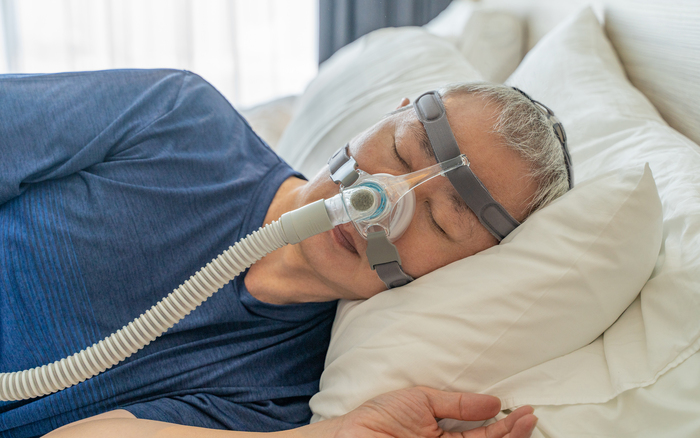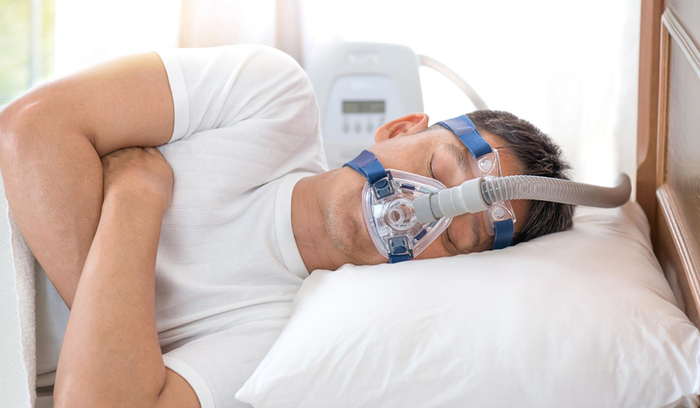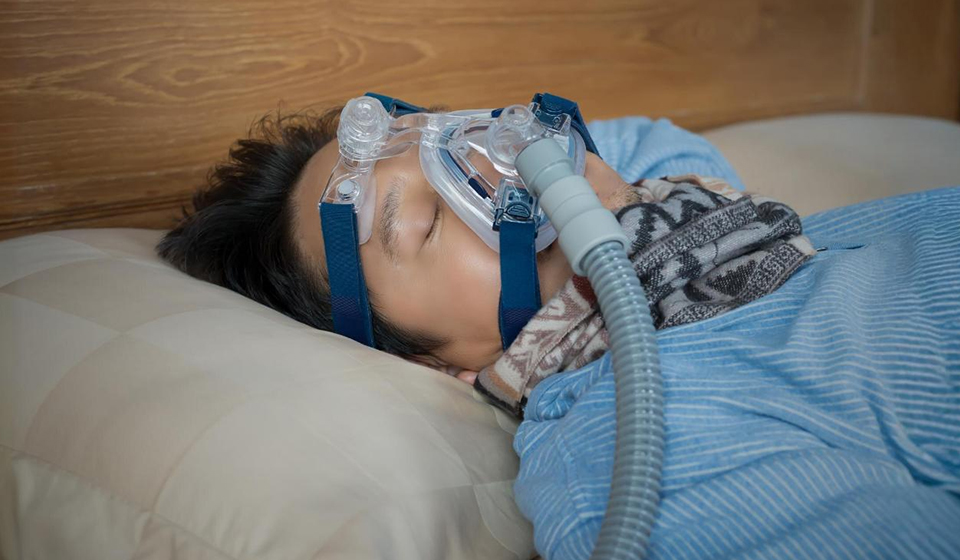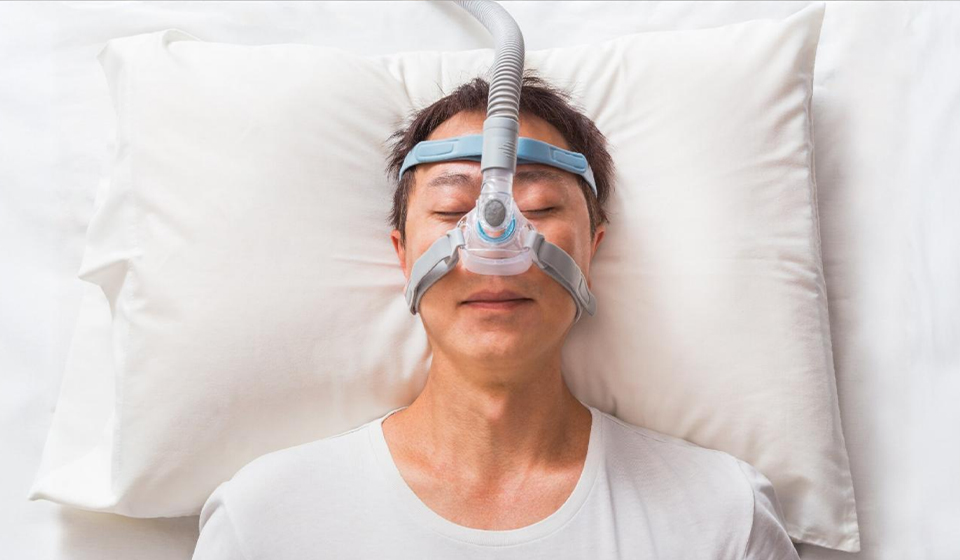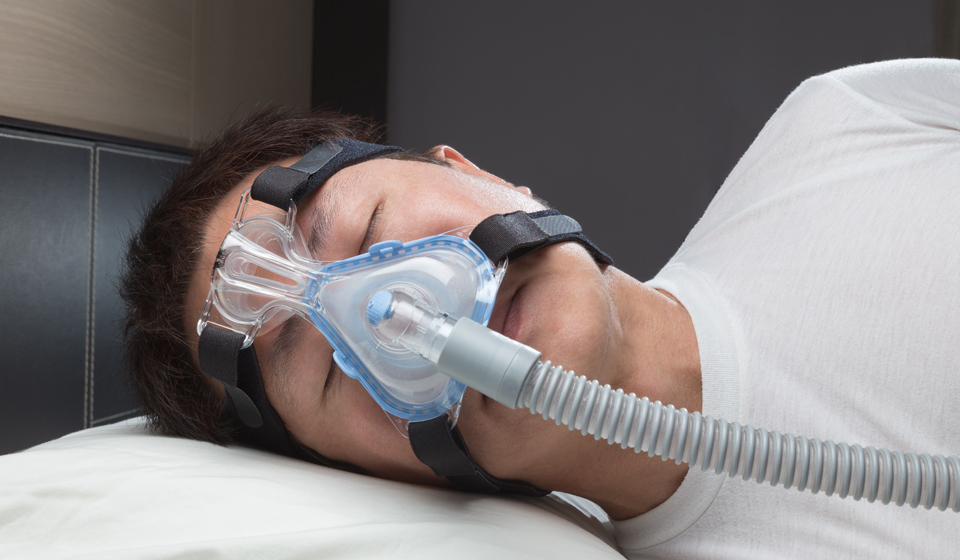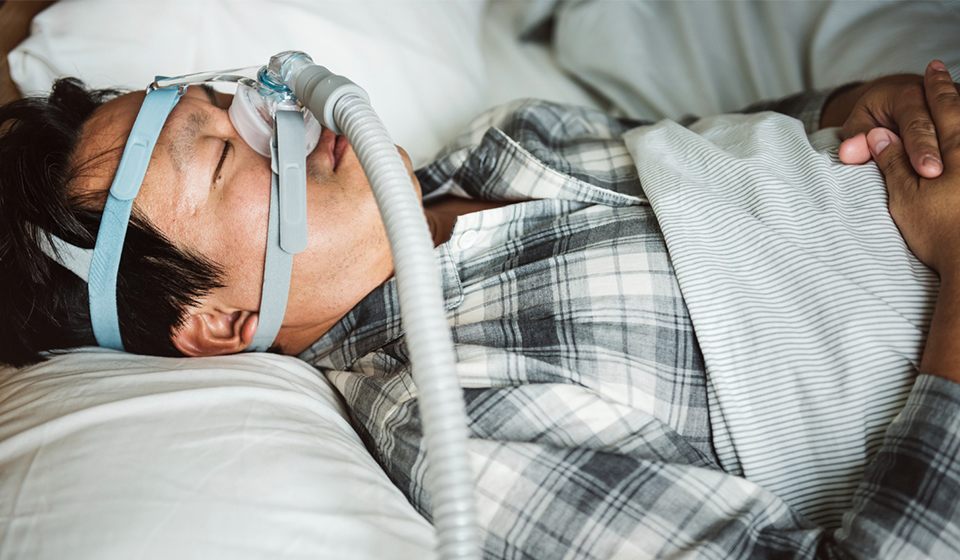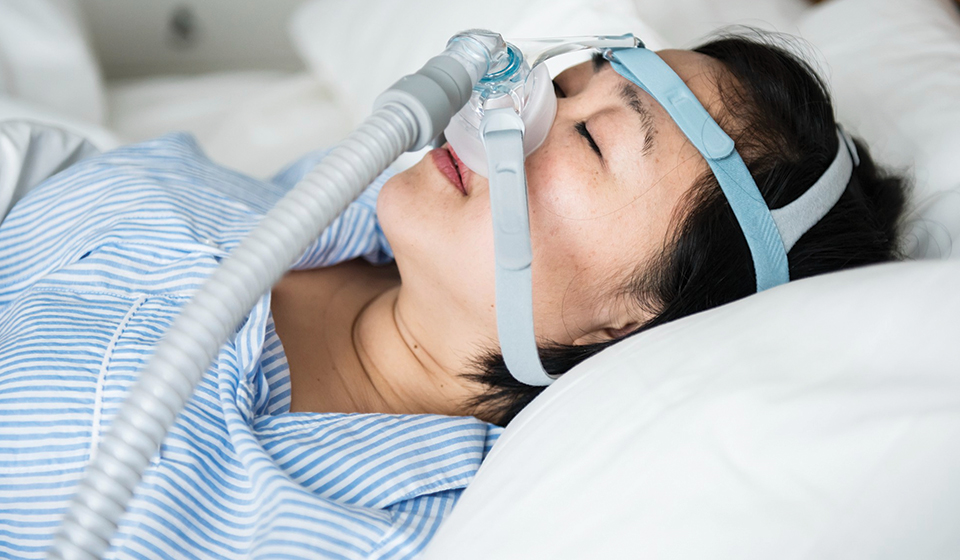Struggling to get a full night’s rest even after hours of sleep? Feeling groggy, irritable, or foggy throughout the day? These could be subtle yet serious signs of sleep apnea, a common yet underdiagnosed condition that disrupts your breathing while you sleep. It affects millions of people around the world, including many residents experiencing sleep apnea in Houston. While many think of a sleep specialist or physician for treatment, your dentist can also play a vital role, especially in cases of mild to moderate sleep apnea.
With the growing understanding of how dental structures impact airway flow, dentists are becoming more actively involved in identifying, managing, and even treating this condition through noninvasive, comfortable solutions.
What Is Sleep Apnea?
Sleep apnea is a disorder where your breathing repeatedly stops and starts while sleeping. These interruptions may last for just a few seconds but can occur dozens or even hundreds of times per night, robbing your body of much-needed oxygen. The most common form is obstructive sleep apnea (OSA), which occurs when the muscles in the back of your throat relax too much, causing your airway to collapse or become blocked.
Common symptoms of sleep apnea include:
- Loud, chronic snoring
- Waking up gasping or choking
- Morning headaches
- Excessive daytime sleepiness
- Poor concentration or memory issues
- Mood swings or depression
While severe cases may require continuous positive airway pressure (CPAP) therapy or even surgical intervention, mild to moderate sleep apnea can often be managed effectively with dental appliances prescribed by your dentist.
How Dentists Help in Managing Sleep Apnea
Many people are surprised to learn that their dental professional can offer effective solutions for sleep apnea. Here’s how your dentist steps into this critical role:
Screening and Initial Detection
Most people first become aware of their sleep issues through their partner’s complaints about snoring. When you visit a dentist trained in sleep apnea screening, they may notice signs like
- A scalloped tongue
- Worn-down teeth from grinding (bruxism)
- A narrow jaw or high-arched palate
- Mouth breathing
Dentists often conduct a preliminary evaluation and may recommend a sleep study to confirm the diagnosis.
Monitoring and Long-Term Management
Dentists play an ongoing role in ensuring your treatment remains effective. After your appliance is fitted, follow-up appointments are essential to monitor its impact and make any needed adjustments. Your dentist may work in tandem with your sleep physician to assess your results through follow-up sleep studies.
Causes of Sleep Apnea You Should Know
Understanding the root causes of sleep apnea can help guide both diagnosis and treatment. Some common contributors include:
- Excess weight—Fat deposits around the neck can obstruct breathing.
- Genetics—Narrow airways, overbites, or family history
- Age and gender—More common in men and adults over 40
- Alcohol or sedative use—These relax the muscles of the throat.
- Smoking—Increases inflammation and fluid retention in the airway
- Nasal congestion – Chronic allergies or structural issues
Dentists often evaluate oral and facial anatomy, helping to identify structural causes that can be improved with targeted appliances.
When to See a Dentist for Sleep Apnea
Many people live with sleep apnea for years without realizing it. If you or someone you know is experiencing the following signs, it’s time to consult a dentist trained in sleep apnea care:
- Loud snoring that disrupts others’ sleep
- Waking up with a dry mouth or sore throat
- Difficulty staying asleep
- Chronic fatigue or irritability
- A diagnosis of mild to moderate sleep apnea and intolerance to CPAP
Dental intervention is particularly effective for individuals who are CPAP-intolerant, travel frequently, or simply prefer a less obtrusive solution.
Sleep Apnea and Oral Health: A Two-Way Street
What many patients don’t realize is how strongly sleep apnea and oral health are connected. For example:
- Teeth grinding often occurs in response to nighttime breathing interruptions.
- Dry mouth caused by mouth breathing can increase your risk for cavities and gum disease.
- Jaw pain or temporomandibular joint disorder (TMJ) can be both a cause and consequence of disrupted sleep.
Your dentist can detect these symptoms and explore whether sleep apnea could be the underlying issue. Addressing both sleep apnea and oral health together ensures more comprehensive care and better long-term outcomes.
Conclusion
Sleep apnea may seem like a condition far removed from your oral health, but your dentist is often one of the first professionals to notice the signs. From evaluating your airway structure to fitting you with a custom appliance, dental care offers a patient-friendly approach to better rest and better health.
Whether you’re experiencing sleep apnea in Houston or just curious about whether your restless nights are more than just bad sleep habits, don’t ignore the signs. Talk to your dentist today, because quality sleep is just as vital to your wellness as regular brushing and flossing.
If you’re looking for a non-invasive, effective solution to sleep apnea, your answer might be just a dental visit away. At Unident Family Dentistry in Houston, our experienced team is dedicated to helping you achieve not only a healthier smile but also a more restful, energized life. Let’s work together to make sleep apnea a problem of the past.

